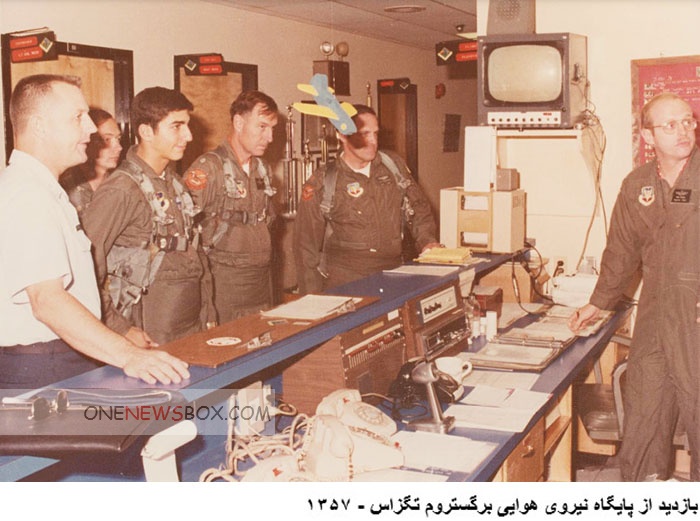He is one of the more visible faces of the Iranian opposition, especially among those who want a secular democracy rather than a theocratic state. His international engagement (meeting with foreign politicians, speaking in international forums) helps keep political issues on the global stage. For many inside and in the diaspora, he symbolizes an alternative narrative: one that emphasizes individual rights, rule of law, and separation of religion from government.
Reza Pahlavi was born on October 31, 1960, in Tehran, during the reign of his father, Mohammad Reza Shah Pahlavi, who had ruled since 1941. He grew up in the royal court, receiving both Persian and Western-style education. At age 17, in 1978, he traveled to the United States to begin U.S. Air Force flight training in Texas, intending to return as a fighter pilot for air force.
However, the Iranian Revolution of 1979 ended those plans. The monarchy was abolished, his family fled, and Reza Pahlavi entered exile. He later completed his bachelor’s degree in political science at the University of Southern California. Exile shaped Reza Pahlavi’s political views. In the years immediately following 1979, he maintained a low profile, focusing on education and adapting to life outside. But by the 1980s, he began publicly speaking out against the Islamic Republic.

